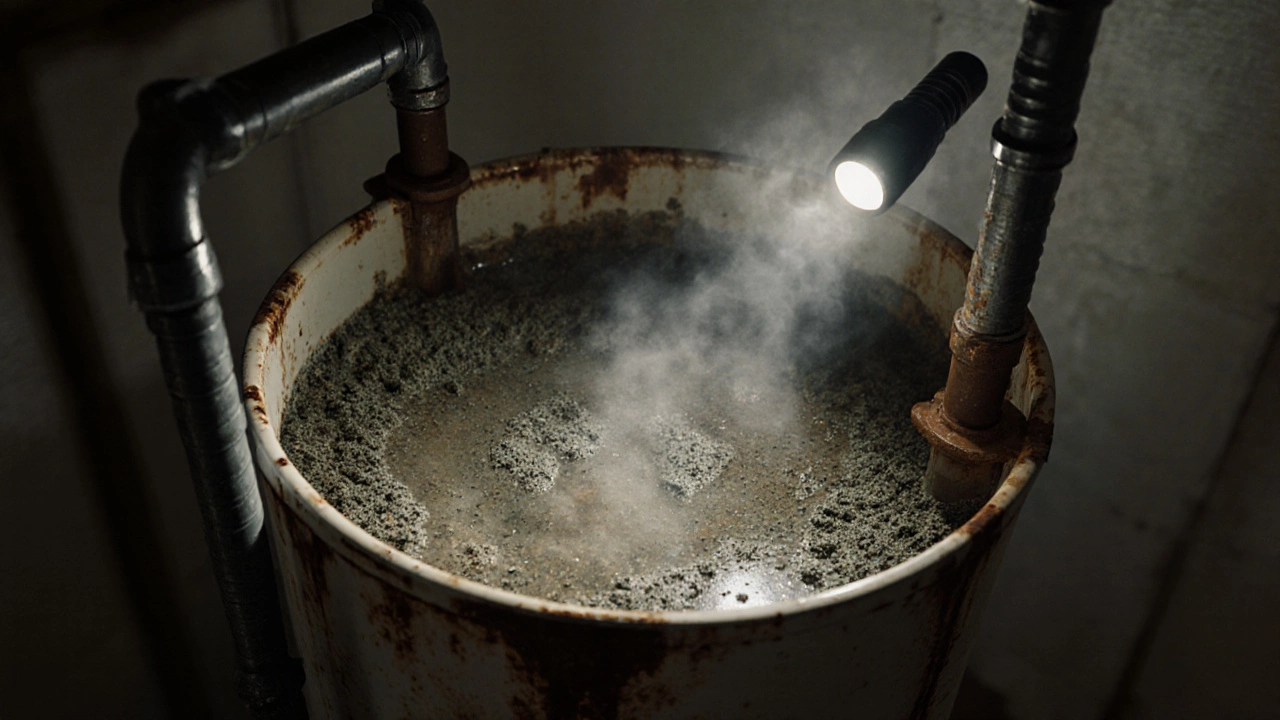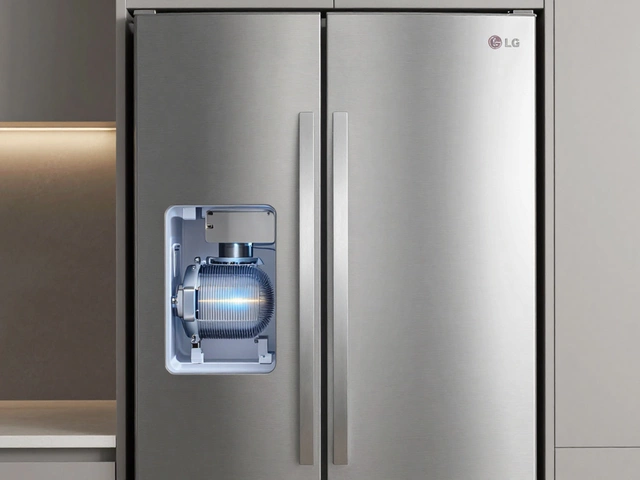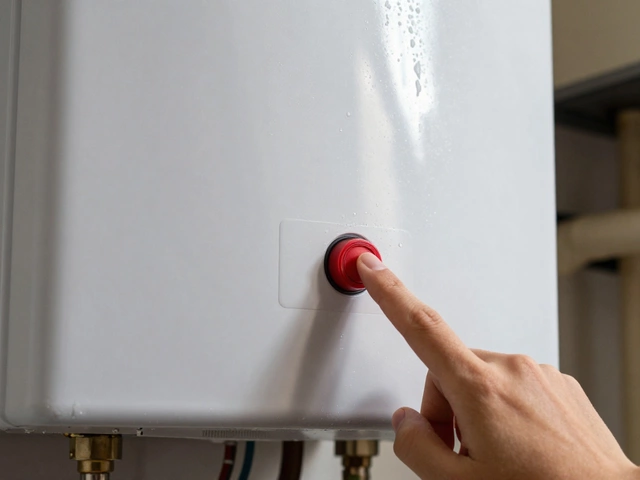Anode Rod Replacement: When and Why It Saves Your Water Heater
When your water heater starts leaking or rusting, most people think it’s time to replace the whole thing. But often, the real problem is a anode rod, a sacrificial metal rod inside your water heater that protects the tank from corrosion. Also known as a sacrificial anode, it’s the unsung hero keeping your tank alive for years longer than it should be. Without it, the tank lining gets eaten away by minerals and electrolysis in the water—fast.
The magnesium anode rod, a common type of anode rod made from magnesium metal that attracts corrosive elements away from the tank is the most popular choice in hard water areas. Some systems use aluminum or zinc, but magnesium works best in most homes. It doesn’t last forever. Most last 3 to 5 years, and by year 7, they’re usually gone. If you haven’t checked yours since you moved in, it might already be gone—and your tank is now eating itself.
Replacing the anode rod isn’t a job for a plumber every time. With the right tools and a little patience, you can do it yourself. You’ll need a socket wrench, a new rod (match the type to your water), and maybe some Teflon tape. The cost? Under $50. Compare that to a new water heater—$1,200 and up. And if you wait too long, the rust won’t stop. You’ll end up with brown water, strange smells, or worse—a flooded basement.
It’s not just about age. Hard water, high usage, and older tanks all speed up the anode’s death. If your water tastes metallic, your heater makes popping noises, or you’ve had to fix leaks twice in three years, the anode rod is likely the culprit. A quick inspection can save you thousands.
Most of the posts in this collection focus on water heater failures, leaks, and sudden loss of hot water. But few mention the one simple fix that stops 70% of those problems before they start. That’s why you’ll find guides here on resetting your heater, diagnosing leaks, and even checking if your unit is too old to save. All of them tie back to one truth: maintenance beats replacement. And the anode rod is the first thing you should check.
Water heaters fail early due to sediment buildup, corroded anode rods, high pressure, and poor maintenance. Learn the real reasons and how to fix them before your tank leaks.


